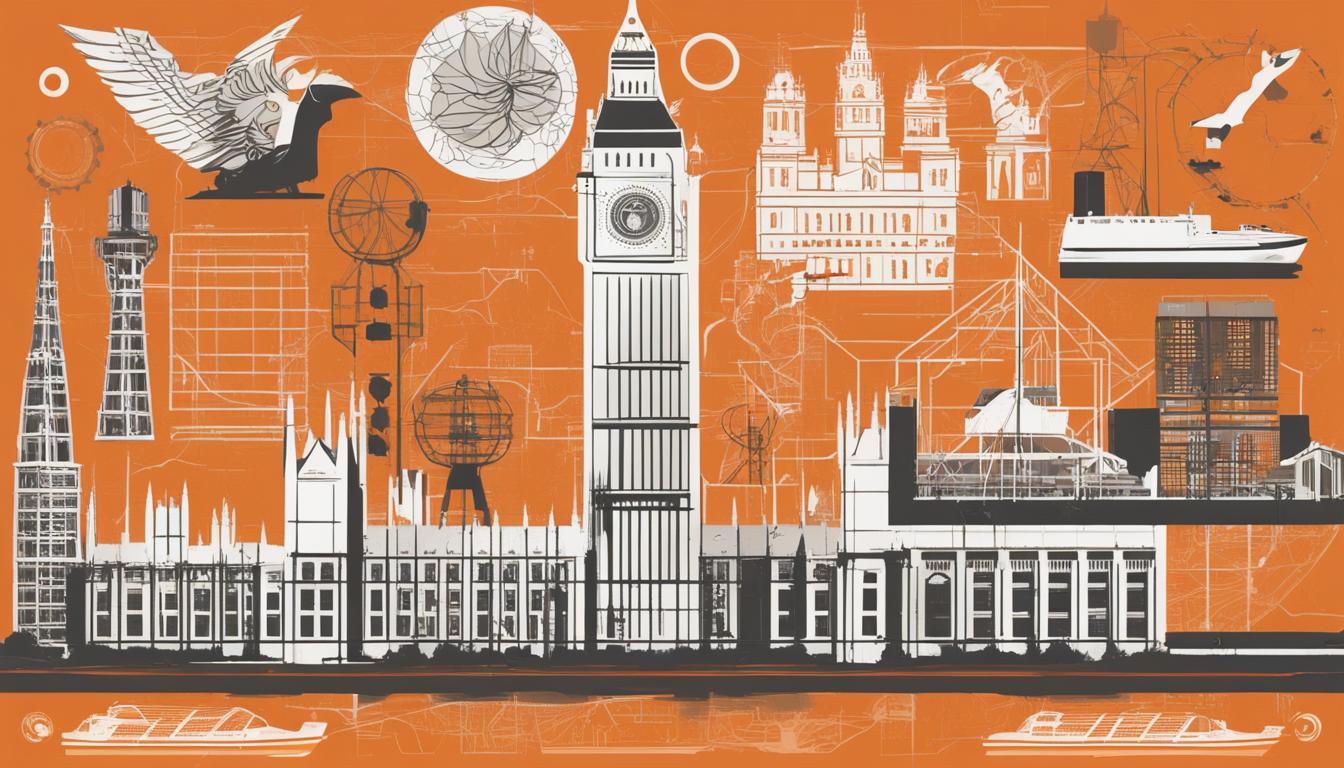In 2023, the UK’s net migration reached 685,000, significantly higher than figures from prior to the Conservative Party's 2019 election victory. In response to mounting pressures on public services and infrastructure, the government introduced stricter visa regulations in April, resulting in a 10% decrease in net migration over the past year.
The upcoming general election has intensified political discourse, particularly on immigration policies. Prime Minister Rishi Sunak and Labour leader Sir Keir Starmer differ markedly, with Sunak defending the Rwanda deportation plan aimed at deterring illegal immigration, while Starmer promises to scrap it, proposing a Border Security Command instead.
Energy policy has also emerged as a key battleground. Starmer's Labour Party advocates for a publicly-owned green electricity generator to reduce bills and enhance energy security. Conversely, Energy Secretary Claire Coutinho criticizes Labour’s approach, emphasizing the financial burden of rapid decarbonization and highlighting Conservative plans to maintain consumer protections.
As election campaigning kicks off, party leaders are making their pitches across the UK. Sunak toured England, Scotland, and Wales, focusing on financial stability, while Starmer launched his campaign in Kent. Additionally, the SNP and Liberal Democrats are promoting their respective messages, with SNP’s John Swinney calling for Scottish voters' support, and Ed Davey pledging enhanced healthcare access.
The political landscape is further complicated by former Labour leader Jeremy Corbyn potentially standing as an independent candidate in Islington North, while Nigel Farage will be absent from the upcoming election, choosing to support Donald Trump’s presidential campaign instead. The surprising election call has led several MPs to announce their retirements, while Parliament rushes to finalize key legislation before the shutdown.
